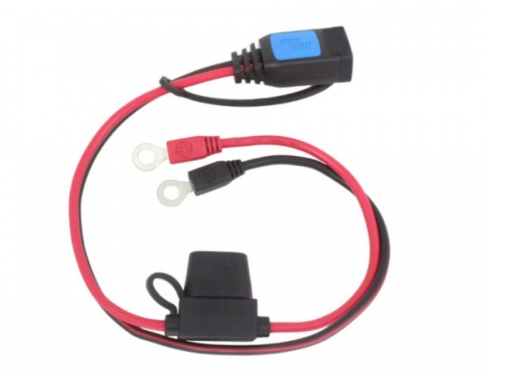rafterys2003
Well-known member
- Messages
- 78
- Location
- West Midlands
Hello again everyone
I recently bought a leisure battery for my pmup and it seemed to last a couple of weeks before i needed to charge it which was great but after only a few months of use it now will not even hold a charge for 3 days... In fact every battery Ive had has had this problem. I do leave it in the vehicle all the time (other than when i have it on charge). I understand the cold weather damages the cells or something which I'm assuming is why they keep dying but short of bringing it into the house every night, which would be annoying, im not sure what to do. Ive heard it would be too cold in a garage or shed too. So I was wondering how everybody else manages to protect their leisure batteries ?
I recently bought a leisure battery for my pmup and it seemed to last a couple of weeks before i needed to charge it which was great but after only a few months of use it now will not even hold a charge for 3 days... In fact every battery Ive had has had this problem. I do leave it in the vehicle all the time (other than when i have it on charge). I understand the cold weather damages the cells or something which I'm assuming is why they keep dying but short of bringing it into the house every night, which would be annoying, im not sure what to do. Ive heard it would be too cold in a garage or shed too. So I was wondering how everybody else manages to protect their leisure batteries ?







